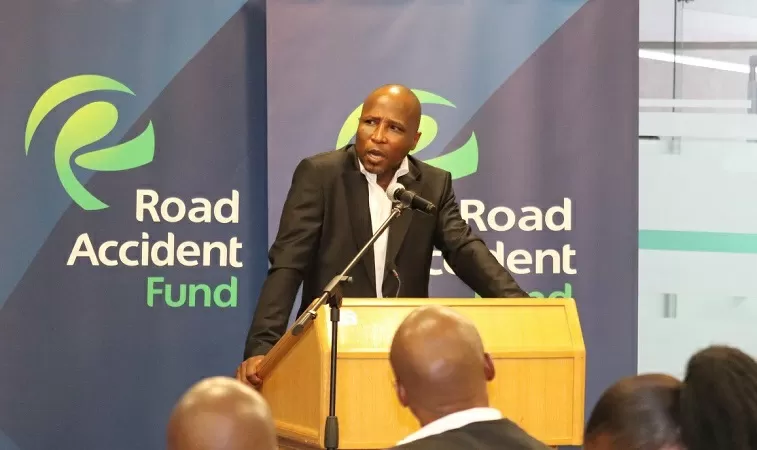SCOPA (Standing Committee on Public Accounts) has recently revealed that the Road Accident Fund (RAF) has accumulated over R4-billion in default judgments. This shocking revelation has raised concerns about the management of funds within the RAF and the impact it has on those who rely on the fund for compensation.
The RAF was established in 1996 to provide financial assistance to those who have been injured or lost a loved one in a road accident. It is funded by a fuel levy and is meant to cover the medical expenses, loss of income, and general damages of those affected by road accidents. However, the recent findings by SCOPA have shed light on the mismanagement of funds within the RAF.
According to SCOPA, the RAF has accumulated over R4-billion in default judgments, which means that the fund has failed to pay out compensation to those who have successfully claimed against it. This is a concerning issue as it not only affects the individuals who have been waiting for their compensation but also reflects poorly on the RAF’s ability to fulfill its mandate.
The accumulation of default judgments is a result of various factors, including poor financial management and inadequate resources. SCOPA has highlighted that the RAF has been struggling with a backlog of claims, which has resulted in a delay in processing and paying out compensation. This has led to a significant number of claims being taken to court, resulting in default judgments against the RAF.
The impact of these default judgments is significant, not only for the individuals who have been waiting for their compensation but also for the reputation of the RAF. The fund has a responsibility to ensure that those who have been affected by road accidents receive the necessary financial support, and the accumulation of default judgments goes against this responsibility.
However, there is hope for change as the RAF has recently implemented a new strategy to address the backlog of claims and improve its financial management. This includes the introduction of a new IT system to streamline the claims process and the appointment of a new CEO, who has a strong financial background.
SCOPA has commended these efforts and has expressed its support for the RAF’s new strategy. The committee believes that these changes will not only help to address the backlog of claims but also improve the overall management of funds within the RAF.
In addition to these changes, SCOPA has also called for increased transparency and accountability within the RAF. The committee has urged the fund to regularly report on its financial performance and to provide updates on the progress of its new strategy. This will not only help to rebuild trust in the RAF but also ensure that the fund is fulfilling its mandate effectively.
It is important to note that the RAF plays a crucial role in providing financial support to those who have been affected by road accidents. It is a vital lifeline for many individuals and families who have suffered as a result of these accidents. Therefore, it is essential that the fund is managed effectively and efficiently to ensure that it can continue to fulfill its mandate.
In conclusion, the recent revelation by SCOPA regarding the accumulation of default judgments within the RAF is concerning. However, the steps taken by the fund to address these issues are commendable, and there is hope for improvement in the future. It is crucial for the RAF to continue to work towards improving its financial management and addressing the backlog of claims to ensure that those who rely on the fund receive the necessary support. With increased transparency and accountability, the RAF can regain the trust of the public and fulfill its mandate effectively.


